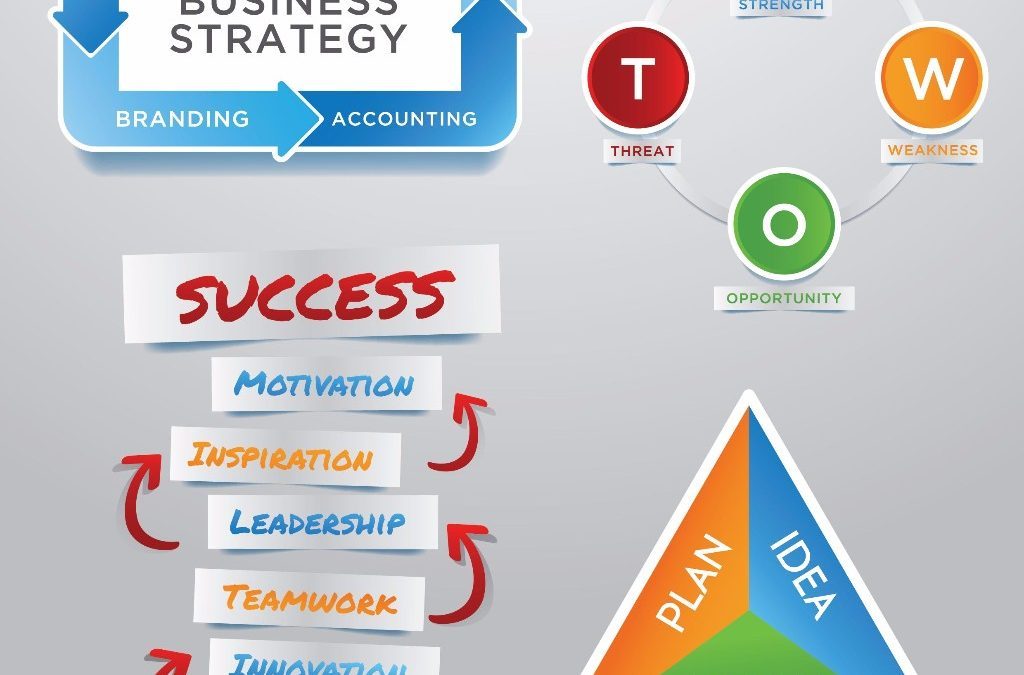When most professional service firms think of writing a business plan, they envision a long, extensively detailed document with masses of data and financial forecasts. While that may be the requirement for people seeking outside funding, it doesn’t have to be complicated to be effective. It provides the blueprint for how you intend to build your business, so the plan only has to be as long as you need, depending on the size of your business. Creating your business plan will help you map out your goals, action plans, and financial details, while significantly increasing your chances for success.
What are the Key Components of Business Plan?
Most traditional business plans are comprised of the following parts. If you are creating a proposal for a business loan, you’ll be given more precise requirements. But for small business planning purposes, these components for your business plan should be sufficient:
- Description of your business model and targetmarket. What kind of business are you implementing and who are your target clients?
- Unique Value Proposition. What do you have to offer that makes you differentfrom everyone else? Why should people buy from you?
- Business goals. What are your specific, measurable goals that you want to achieve and when?
- Marketing Plan. What marketing strategies will you put in place and what is their timeline?
- Action Plan. What are the tasks you need to complete and when?
- Financial forecast and budget. How much is all of this going to cost on a monthly basis, and what kind of revenue do you expect? How long will it take to break even and make a profit?
When Should Create a Your Business Plan?
A business plan is a living document that will grow and change along with your business. When first starting a new business, your business plan helps determine if you have a good, financially viable idea. At the beginning of each year, it helps you to plan out your goals and strategies. Of course, if you need to raise money to get your company off the ground, financial backers will want to see a detailed plan.
However, remember that a it is not only needed when starting your professional service company; you will need to revisit your it regularly. As market conditions shift, laws or regulations change, or you don’t see the results you expected, it’s time to adjust your plan. Use it as your guide and refer to it often as you plan each week, but don’t let it restrict you.
Your business plan serves as your blueprint for success and everyone running a business can benefit from creating one, whether you are working online or offline. It doesn’t have to be the long, formal document that many business organizations prescribe. Instead, let the level of detail be determined by how complicated your professional service business, the level of risk you are taking and whether you need outside funding.
For more on how to create and implement the six key components of your business plan, check out our report titled “The Business Planning Process for Professional Service Companies.”


